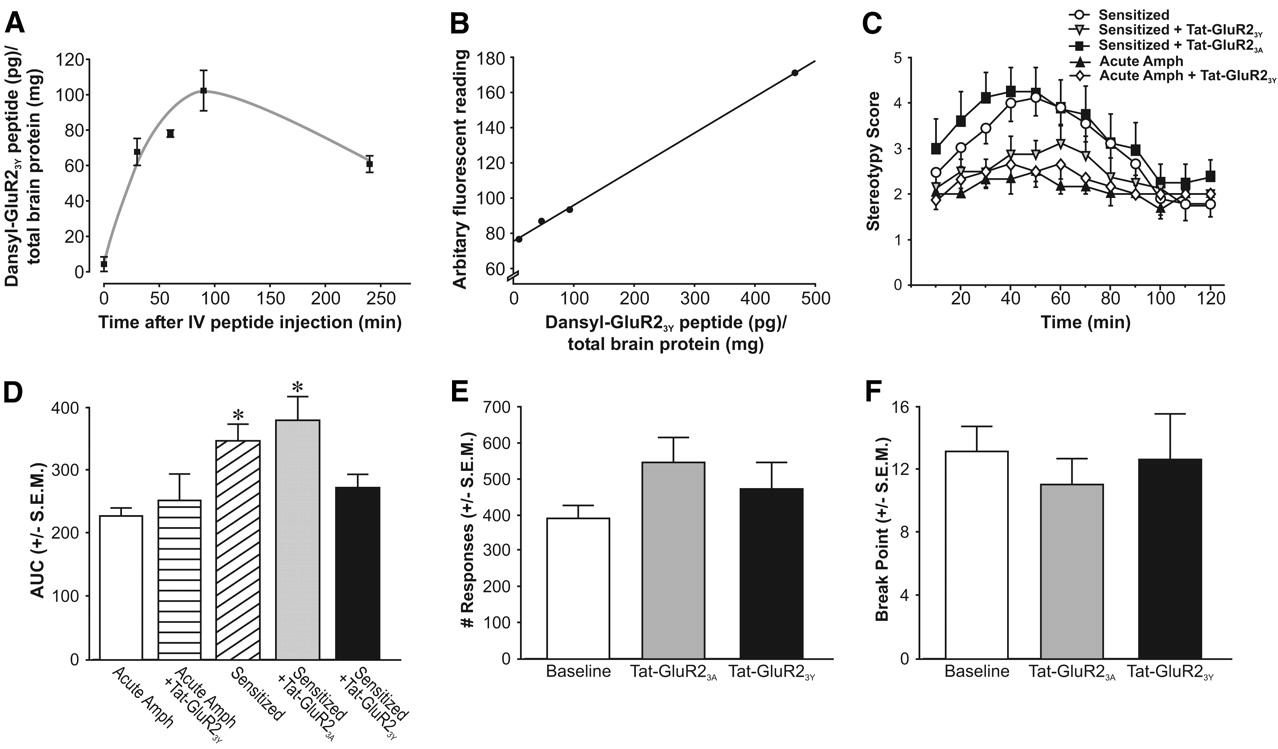
Excitotoxic neuronal damage caused by overactivation of N-methyl-D-aspartate glutamate receptors (NMDARs) is thought to be a principal cause of neuronal loss after stroke and brain trauma. Here we report that activation of sterol regulatory element binding protein-1 (SREBP-1) transcription factor in affected neurons is an essential step in NMDAR-mediated excitotoxic neuronal death in both in vitro and in vivo models of stroke. The NMDAR-mediated activation of SREBP-1 is a result of increased insulin-induced gene-1 (Insig-1) degradation, which can be inhibited with an Insig-1–derived interference peptide (Indip) that we have developed. Using a focal ischemia model of stroke, we show that systemic administration of Indip not only prevents SREBP-1 activation but also substantially reduces neuronal damage and improves behavioral outcome. Our study suggests that agents that reduce SREBP-1 activation such as Indip may represent a new class of neuroprotective therapeutics against stroke.
Paper link: https://www.nature.com/articles/nm.2064